Table of Content
▲
The real estate industry in India is at the cusp of transformative changes, marked by the recent unveiling of the Interim Budget 2024. This pivotal fiscal document outlines a roadmap that holds significant implications for real estate developers across the nation.
With a discerning focus on infrastructure development, the budget aims to fortify connectivity and stimulate economic growth.
The commitment to housing initiatives, particularly the notable success of the PM Awas Yojana (Gramin) and the unveiling of a housing scheme for the middle class, unveils new dimensions for real estate dynamics.
The surge in capital expenditure outlay by 11.1% and its alignment with the broader economic landscape further accentuate the prospects for real estate development.
As developers navigate through these policy contours, exploring the nuanced impact of Budget 2024 becomes imperative, unraveling opportunities and challenges that will define the trajectory of the real estate sector in the foreseeable future.
Also Read: Budget 2024 Realty Sector - Hoping on GST Reduction and Affordable Housing Revamp
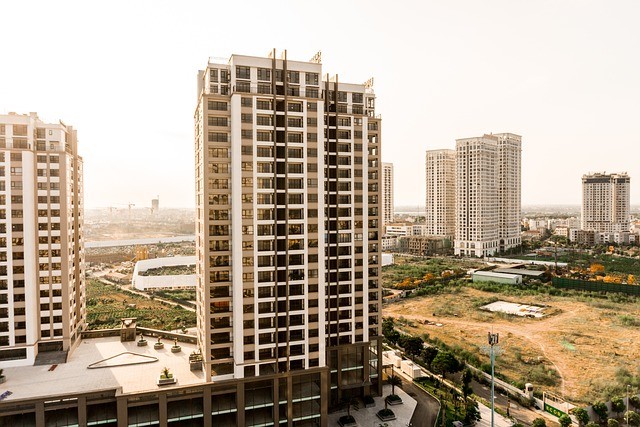
Infrastructure Development and Connectivity
The recent Interim Budget for 2024 has shed light on a path of transformative growth, particularly emphasizing infrastructure development and connectivity.
A thorough examination of the budget allocations indicates a strategic move, with an 11.1% increase in capital expenditure reaching a significant INR 11.11 lakh crore – equivalent to 3.4% of the GDP.
This allocation highlights the government's commitment to strengthening the country's infrastructure, laying the foundation for potential real estate opportunities.
The notable focus on transit-oriented development in urban areas emerges as a crucial factor poised to boost housing demand in cities. As the budget facilitates infrastructure upgrades and enhanced connectivity across Tier 2 and 3 cities, the impact on real estate growth becomes evident.
These initiatives are not standalone; they reflect a broader commitment to creating economic corridors, as demonstrated by the identification of three new economic railway corridors under the PM Gati Shakti program.
The resulting improvement in connectivity between urban centers and surrounding satellite towns is expected to drive housing development, making land prices and construction costs increasingly feasible for real estate developers.
Also Read: Govt sets out key infrastructure plans, increases capex outlay in Budget 2024
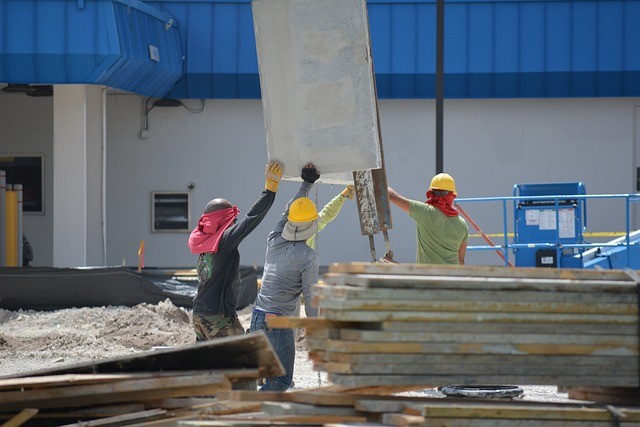
Housing for All: PM Awas Yojana (Gramin)
The recently unveiled Interim Budget for 2024 has set forth a visionary path, particularly evident in its steadfast commitment to the ambitious 'Housing for All' initiative, as exemplified by the Pradhan Mantri Awas Yojana (Gramin).
A comprehensive analysis reveals a substantial achievement, with the scheme having successfully led to the construction of three crore houses, marking a pivotal milestone in addressing the nation's housing needs.
The resounding success of PM Awas Yojana (Gramin)stands as a testament to the government's dedication to inclusive development, transforming the lives of numerous families and fortifying the socio-economic fabric.
Also Read: Interim Budget: Govt to launch new housing scheme for middle class

The housing initiative has not only fulfilled a fundamental need for shelter but has also contributed to empowering communities, enhancing living standards, and creating a positive impact on health, hygiene, and overall safety.
Looking forward, the Interim Budget outlined a visionary trajectory, with a commitment to constructing an additional two crore houses under PM Awas Yojana (Gramin) over the next five years.
This strategic move not only addresses the persisting housing gap in rural areas but also injects momentum into the real estate sector, fostering comprehensive development.
The implications of this commitment are far-reaching, presenting developers with a landscape of opportunities to engage with the evolving demands of the housing market.
As the government charts a course toward constructing a total of five crore houses, the real estate sector finds itself at the nexus of a transformative era, wherein affordable housing becomes a cornerstone of sustainable urbanization.
The success of 'Housing for All' and the reinforced commitment to its expansion present a compelling narrative for real estate developersto align their strategies with the burgeoning demand for diverse and affordable housing solutions.
Also Read: Over 2 crore houses to be constructed under PMAY-G in next 5 years

This juncture prompts an essential question for developers – how will they leverage this momentum to shape the future of housing in India?
The exploration of this inquiry forms the crux of understanding the profound impact of Budget 2024 on the real estate sector from the perspective of a seasoned industry expert.
Housing Scheme for the Middle Class
Against the backdrop of the recently unveiled Interim Budget for 2024, the Indian real estate sector stands at a juncture poised for transformative growth, propelled by strategic initiatives aimed at fostering inclusive development.
A key highlight of the budget is the introduction of a groundbreaking housing scheme tailored for the middle class, signifying a visionary move that could significantly impact housing demand.
Also Read: Direct tax collections more than trebled in past 10 years, says FM

The newly announced housing scheme is a testament to the government's commitment to providing affordable housing solutions to a crucial segment of society – the middle class.
As the backbone of the urban population, the middle class often grapples with the challenges of residing in rented accommodations, slums, or unauthorized colonies.
The scheme, designed to empower this section to either buy or build their homes, carries immense potential to uplift living standards and contribute to the socio-economic fabric.
In essence, this strategic move is not merely an economic stimulus but a transformative initiative that has the potential to redefine urban landscapes. It addresses the critical need for housing among the middle class, steering them away from substandard living conditionstoward a future of homeownership.
The ripple effects of this scheme are anticipated to extend beyond housing, fostering improvement in social indices, including health, hygiene, safety, and overall well-being.
Furthermore, the scheme is expected to play a pivotal role in the redevelopment of encroachment areas such as slums.
By providing a viable alternative for the middle class, it opens up opportunities for the redevelopment of these areas, paving the way for a more organized and sustainable urban environment.
For real estate developers, this initiative marks a unique opportunity to align their projects with the evolving needs of the middle-class segment.
Also Read: 11.8 crore farmers get PM Kisan benefit every year: FM

As the scheme gains traction, developers can strategize to cater to the demands of this burgeoning market, offering housing solutions that resonate with the aspirations and preferences of the middle class.
Capital Expenditure Outlay and Economic Outlook
The recent unveiling of the Interim Budget for 2024 holds notable implications for the Indian real estate sector, and as a seasoned expert in the field, it is crucial to dissect the critical elements that will shape its trajectory.
One of the pivotal highlights is the substantial 11.1% increase in capital expenditure outlay, amounting to INR 11.11 lakh crore, accounting for 3.4% of the GDP. This surge in capital allocation is a strategic move that carries substantial weight for the real estate domain.
Also Read: UP Budget allocated Rs 150 cr for Ayodhya Airport expansion

The augmented capital expenditure signifies a resounding commitment to infrastructure development, which, in turn, becomes a catalyst for real estate growth.
As roads, highways, and railways receive a considerable share of this capital, the resultant expansion of connectivity between urban centers and satellite towns is poised to fuel housing demand.
Real estate developers, in particular, stand to benefit as infrastructure expansion renders land prices and construction costs increasingly viable, creating an opportune environment for new projects.
Moreover, the economic outlook presented in the budget sheds light on Foreign Direct Investment (FDI) inflows, which have reached a noteworthy $596 billion. This influx of foreign capital underscores sustained global investor confidence in the Indian real estate sector.
For developers, this confidence translates into a favorable investment climate, potentially unlocking avenues for collaboration and joint ventures that can propel projects to new heights.
As we analyze the economic indicators, it becomes evident that the real estate sector is not only influenced by domestic policies but is intricately connected to the global economic landscape.
Also Read: The Web of Roads: Haryana Expressways Cuts Travel Time Short

The alignment of the budget with long-term socio-economic development objectives positions the real estate industry as a key player in driving economic growth.
Unmet Expectations and Future Outlook
The unveiling of the Interim Budget for 2024 has set the stage for a nuanced evaluation of its impact on the Indian real estate landscape.
While the budget made significant strides in areas like infrastructure development, housing for all, and economic outlook, there are notable unmet expectations that warrant consideration.
One of the key unmet expectations is the long-standing demand for industry status for the real estate sector. Developers and industry stakeholders have been advocating for this status, anticipating benefits such as easier access to credit, tax breaks, and enhanced infrastructure development.
Also Read: Lodha Launches 250 Plots In Ayodhya Starting at Rs 1.72 Crore
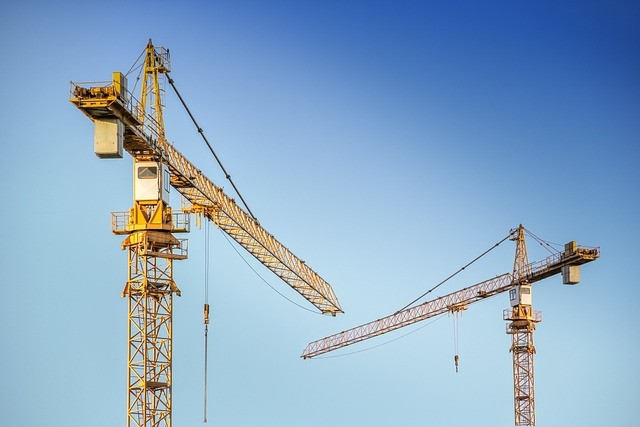
The interim budget, however, remained silent on this crucial aspect, leaving developers to await potential announcements in the upcoming Union Budget.
Tax benefits, especially those related to homebuyers, were another area where expectations were high. The industry had hoped for incentives such as an increase in the deduction limit on home loan interest under Section 24.
The interim budget did not address these expectations, and developers are now looking to the future budget announcements for potential measures that could stimulate demand and overall economic development.
Affordable housing, a crucial segment in the real estate sector, also found limited focus in the interim budget.
Boosting allocations for schemes like PMAY (Urban) to improve affordability and encourage new projects in this segment was a key expectation. However, no major announcements were made in this regard.
As the industry reflects on the unmet expectations, the future outlook remains optimistic.
The upcoming Union Budget provides an opportunity for policymakers to revisit crucial areas like industry status, tax provisions, and affordable housing. Real estate developers are keenly anticipating concrete measures that could address these concerns and potentially influence market trends.
To Conclude
The Interim Budget 2024 brings forth significant implications for India's real estate sector. The 11.1% increase in capital expenditure, totaling INR 11.11 lakh crore, signals a promising path for growth and innovation across various real estate assets. The PM Awas Yojana (Gramin) successfully delivering 3 crore houses, along with the commitment to an additional 2 crore houses, demonstrates the government's dedication to inclusive development.
The introduction of a new housing scheme for the middle class adds complexity to market dynamics, potentially stimulating housing demand and contributing to slum redevelopment. However, unmet expectations such as industry status, tax benefits, and a stronger focus on affordable housing require developers to remain vigilant.
As the industry awaits the Union Budget, the trajectory of real estate depends on policymakers addressing these expectations. Will industry status be granted, tax provisions reconsidered, and affordable housing prioritized? The answers to these questions will shape developers' strategies for sustained growth and resilience.





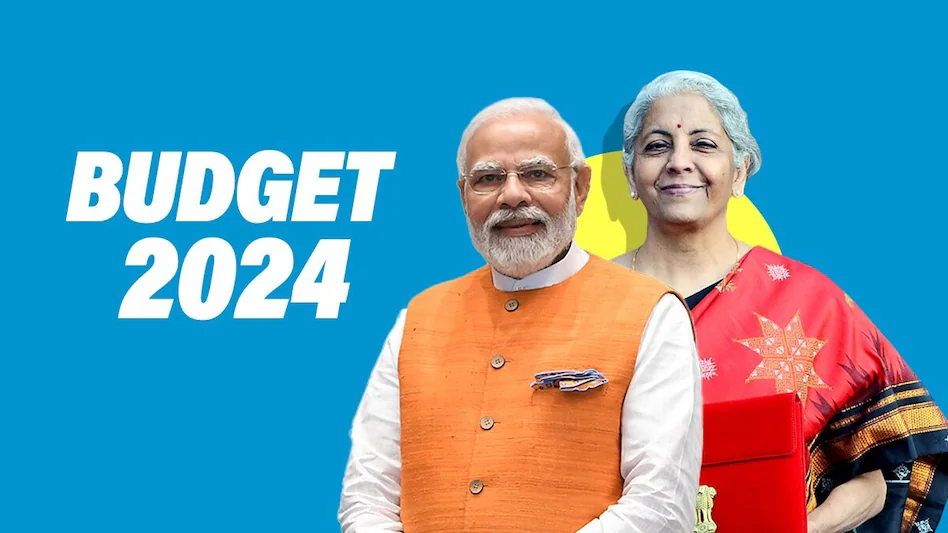

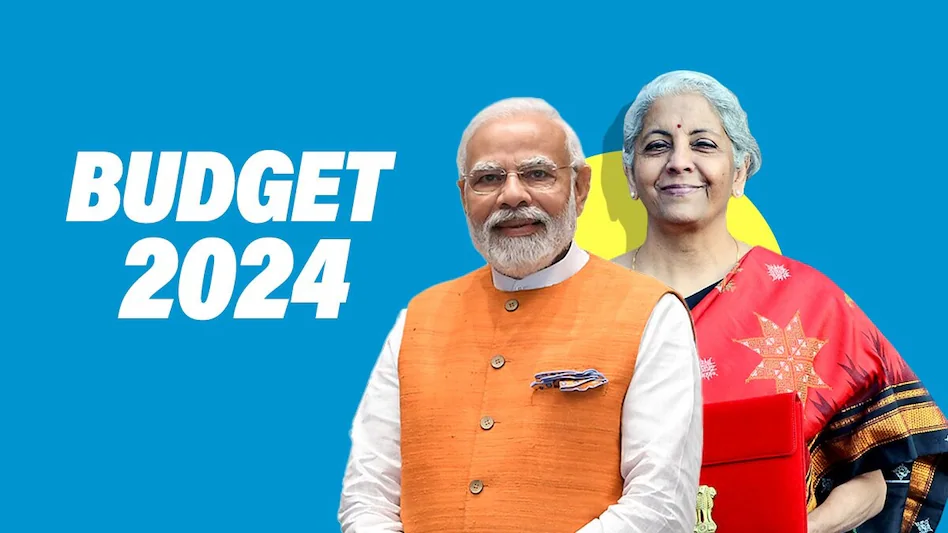

_1771582392.webp)
_1771577585.webp)
Ans 1. The Budget reiterated the government's focus on infrastructure development by proposing to raise capital expenditure by 11.1% to Rs.11.11 lakh crore. This is 3.4% of the GDP and is good news for the companies engaged in construction and infrastructure development. The focus will be on roads and power.
Ans 2. The term interim Budget refers to the budget of a government that is going through a transition period. "The Budget following the British tradition is called a vote on account so no spectacular announcements are made that time. You may have to wait till after the new government comes in," Sitharaman had said.
Ans 3. The total capital expenditure in RE 2023-24 is estimated at `9,50,246 crore. 5. The total expenditure in BE 2024-25 is estimated at `47,65,768 crore of which total capital expenditure is `11,11,111 crore.
Ans 4. The union budget 2024-25 will be presented on 1 February 2024 by the financial minister.
Ans 5. There are three types of budgets namely a surplus budget, a balanced budget, and a deficit budget. A financial document that comprises revenue and expenses over a year is the government budget